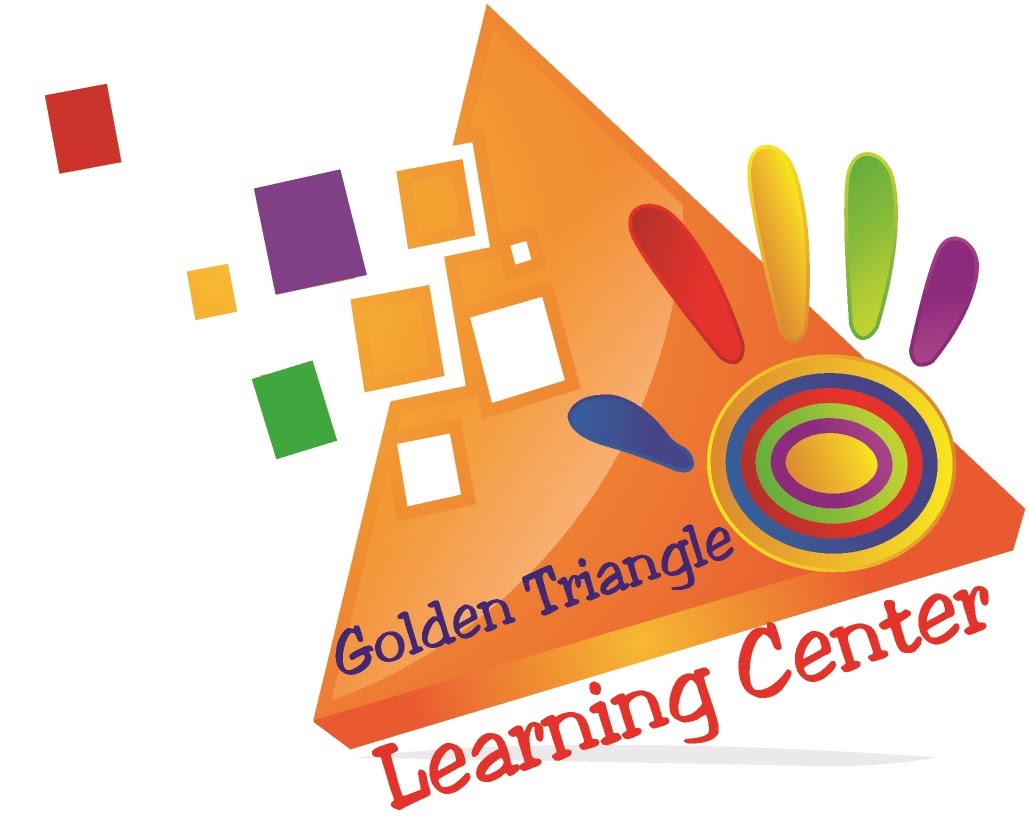Music is part of our curriculum here at
Golden Triangle Learning Center
Music is a natural and important part of young children’s growth and development. Early interaction with music positively affects the quality of all children’s lives. Successful experiences in music help all children bond emotionally and intellectually with others through creative expression in song, rhythmic movement, and listening experiences.
Early Childhood
Early childhood education, for children 8 years of age and younger, is the beginning of a student's academic experience. This is an important time of learning and brain development for children in preparation for the rest of their education. Playing music and moving to a beat provides stimulating experiences for young children and fosters learning at home or in the classroom. Parents and early childhood teachers can incorporate music and movement into daily routines.
Brain Development
According to the Early Childhood Music and Movement Association, 85 percent of brain development occurs by the time a child reaches 3 years. As children grow, they need to learn specific activities that are important for development. For example, very young children begin to scoot and crawl for movement and while these activities are part of eventually learning to walk, they are also essential for brain development. Additionally, patterned activities at home or in the preschool classroom, such as clapping to music or jumping in time to a beat stimulate brain function and help the brain to organize thoughts and behaviors.
Language
Language has its own tempo; speaking a language fluently involves regular pauses, stops and starts in appropriate places. For example, most people do not speak in a constant, running diatribe of words; rather they insert pauses between phrases, they use accents and they increase or decrease the overall speed of speech. Music has a tempo and teaching young children songs that have rhythms and beats or learning to march in time to a tune can help students to learn the rhythm of speaking and improve their communication skills.




